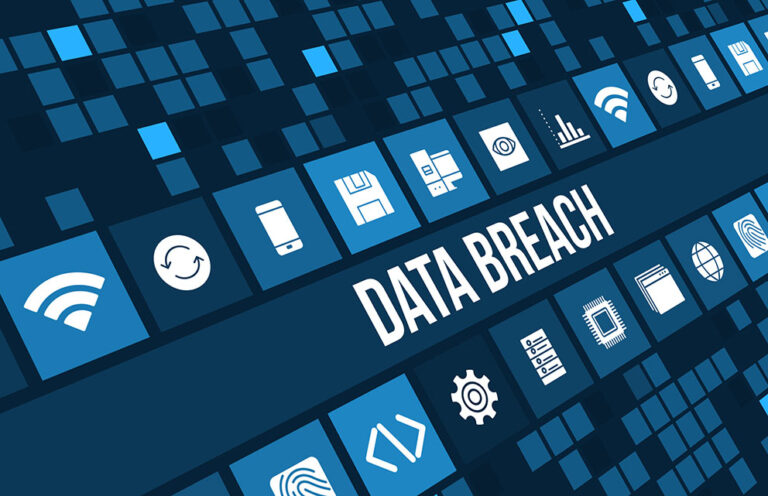Data breaches are becoming more and more common these days. You hear about them in the news all the time. So you might be wondering: what exactly is a data breach?
A data breach is when secure information is taken from a trusted environment without permission. The bad guys can use this information to steal your identity, hack into your online accounts, or use the information for targeted phishing attacks to gather even more information about you.
However, just because the data was exposed does not necessarily mean it’s already being used by the bad guys. It only means that bad guys can easily gain access to it.
There are steps you can take to protect your information even if you were exposed to a data breach.
How do I protect my information?
- Use secure passwords. Use a password manager such as LastPass.
- Set up two-factor or multi-factor authentication on applications or use an easy and comprehensive MFA solution such as DUO.
- Keep your personal information secure. Never share your passwords or personal information with anyone you don’t know.
- Shred documents with your personal information on them before throwing them away.
What do I do if my information is already exposed to a breach?
- Don’t panic! Take a moment to assess the situation.
- Ask yourself: What sort of information was exposed?
- Do I need to notify my bank or other entities?
What steps should I take to make my information more secure now?
- If your password was exposed, we recommend changing your password for all online accounts associated with that password immediately.
- Make sure the password is complex, or use a password generator, such as LastPass, to create one for you.
- For extra security, set up two-factor or multi-factor authentication. DUO is a leading MFA solution.
- If your credit card number or bank account number was exposed, we recommend calling your bank or cardholder and canceling your card(s) immediately. Let them know that your information was exposed, so they know to look out for charges that may be fraudulent.
- If your social security number was exposed, immediately report that your social security number was stolen to the police, credit-reporting agencies, and the IRS. You may also want to sign up for a service that can monitor your identity or credit for added protection.
Want to make sure your team stays aware of the latest cybersecurity threats and learns best practices on how to protect them and your network? Contact us to learn more about security awareness training from our partner, KnowBe4.




